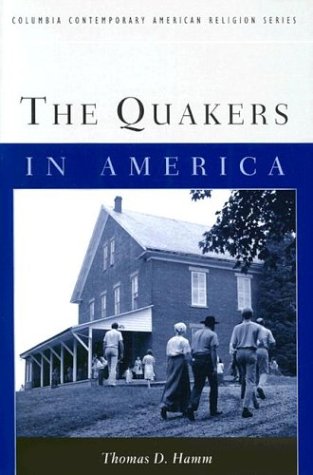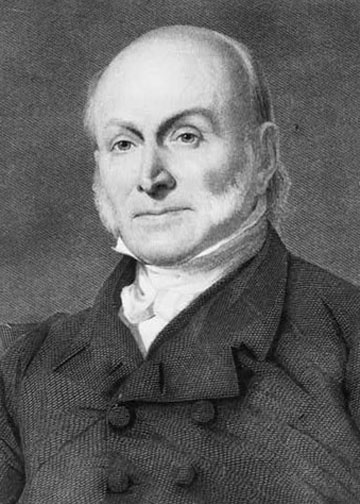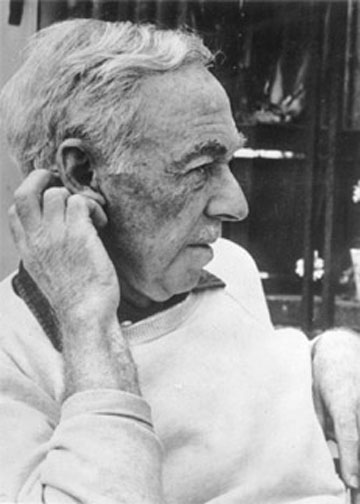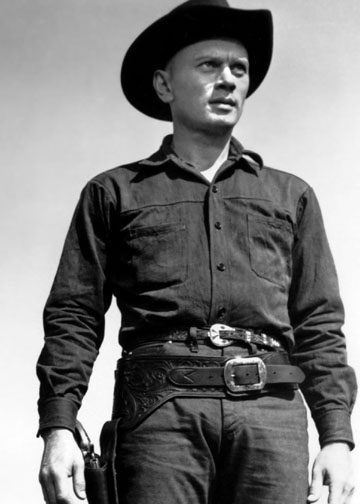|
|
The longer I live the more beautiful life becomes.
- Frank Lloyd Wright (1868-1959)
Today is Friday - July 11th, 2025
On This Day In History:

1656 - First Quaker Colonists Land at Boston
Ann Austin and Mary Fisher, two Englishwomen, become the first Quakers to immigrate to the American colonies when the ship carrying them lands at Boston in the Massachusetts Bay Colony. The pair came from Barbados, where Quakers had established a center for missionary work.
The Religious Society of Friends, whose members are commonly known as Quakers, was a Christian movement founded by George Fox in England during the early 1650s. Quakers opposed central church authority, preferring to seek spiritual insight and consensus through egalitarian Quaker meetings. They advocated sexual equality and became some of the most outspoken opponents of slavery in early America.
Shortly after arriving to Massachusetts, Austin and Fisher, whose liberal teachings enraged the Puritan colonial government, were arrested and jailed. After five years in prison, they were deported back to Barbados. In October 1656, the Massachusetts colonial government enacted their first ban on Quakers, and in 1658 it ordered Quakers banished from the colony "under penalty of death." Quakers found solace in Rhode Island and other colonies, and Massachusetts' anti-Quaker laws were later repealed.
In the mid-18th century, John Woolman, an abolitionist Quaker, traveled the American colonies, preaching and advancing the anti-slavery cause. He organized boycotts of products made by slave labor and was responsible for convincing many Quaker communities to publicly denounce slavery. Another of many important abolitionist Quakers was Lucretia Mott, who worked on the Underground Railroad in the 19th century, helping lead fugitive slaves to freedom in the Northern states and Canada. In later years, Mott was a leader in the movement for women's rights.
|
Celebrating Birthdays Today:
|
What Happened on Your Special Day?
I became a fan of "today in history" information when I was very young. My father had a calendar that he had put together of "reasons to celebrate". If anybody asked "what are we celebrating?" my father could check his book and come up with a reason to celebrate for any day of the year. Charlie Chaplin's birthday, Buster Keaton's birthday, the anniversary of the opening of the Golden Gate Bridge, for every day of the year, my father's calendar had some interesting historical event that had occurred.
With this page I have tried to continue the tradition. Generally, I prefer to include birthdays and anniversaries of positive, uplifting, life affirming people and events that have had particular significance in my life. It's here because it was important to me.
I am trying to continually update with links from stories to other relevant sites. Check back regularly for a story on something interesting that happened on this day in history.
There are many, many, sites out there that have a lot of "this day in history" information. Many are not so great, full of inaccurate information and "negative vibes". However, there are a few that are really fabulous. Here are links to a few of my favorites. These sites feature "Today in History" stories for today, and some include archives that will enable you to look up information for any other date in history that is special to you:
This Day in History
The History Channel tells you what happened in Automotive, Civil War, Cold War, Crime, Entertainment, General Interest, Literary, Old West, Vietnam War, Wall Street, and World War II history for today or any day.
Life Magazine Covers
Life offers a look at covers from this day in history.
New York Times: On This Day
Lists events which occurred on each month and day of the year throughout history. Links to New York Times articles on the events when available.
Today in History
Stories and pictures from the American Memory historical collections of the U.S. Library of Congress.
The Internet Movie Database
The Internet Movie Database claims itself to be the biggest, best, most award-winning movie site on the planet. I'm not sure if it really is, but it is huge and has TONS of info on even the most obscure films, movies stars, directors, producers, etc. If it is motion picture related, you can probably find out something about it at this site.
|
|






